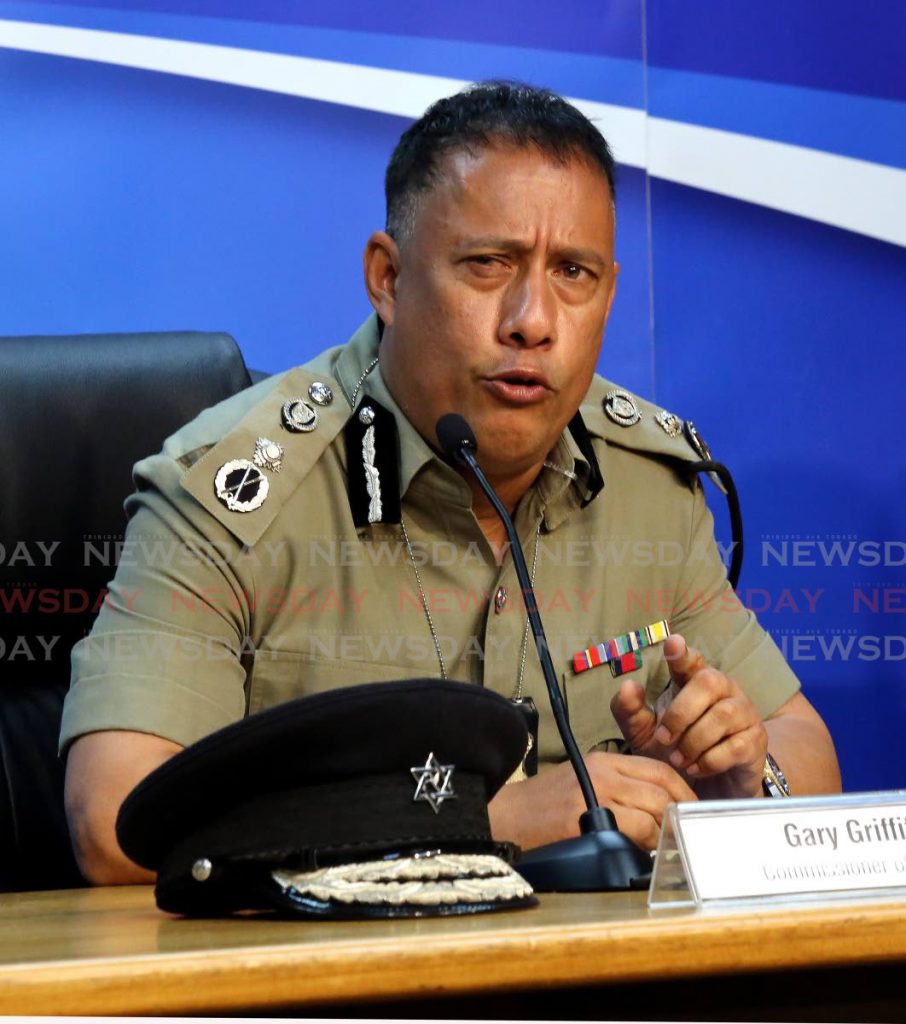Sheriffs and deputies

PARLIAMENT will consider nominations for deputy commissioners of police this week.
That exercise has the potential to plug gaps in the police top brass. Since 2018, Commissioner of Police Gary Griffith has operated without a substantive deputy. Such a situation is clearly bad, as it militates against succession planning and continuity. It also creates the impression that the service is a one-man show, while placing too great a burden on the top cop.
However, debate on the nominees shortlisted by the Police Service Commission comes at a time when there is concern over the performance of the police as a whole, their record on civilian killings and the management of their resources in a time of economic crisis. These concerns call for a more suitable process of appointment.
Those shortlisted include head of the Special Operations Response Team (SORT) Insp Mark Hernandez, acting DCP McDonald Jacob and Supt Andre Norton, who is in charge of the Police Academy.
The public has an interest in questioning all of them. But none will be involved in Friday’s proceedings.
While we have become accustomed to police officials – including Mr Griffith – appearing before parliamentary committees, that degree of scrutiny is, bafflingly, not a part of the appointment process. MPs and MPs alone will consider whether to rubber-stamp the nominations of the candidates set before them.
Meanwhile, questions have been raised about Mr Hernandez, given the fact that SORT is said to be subject to an ongoing probe as it relates to police-involved civilian killings. Mr Hernandez’s record and views on the use of force by officers are certainly pertinent to the issue of his suitability for the post.
So is Mr Jacob’s tenure as an acting DCP in which he played a role in intelligence and investigations at a time when there is a perception that the service could do better when it comes to both. Mr Norton’s marshalling of the Police Academy during the covid19 pandemic is also relevant, given the unanswered questions over a covid19 outbreak there last year.
Parliamentary representatives may take the opportunity to raise these or similar issues on behalf of their constituents.
But, unlike other countries such as the US, where candidates for key posts are subject to in-person, public hearings, there will be no such opportunity for the nominees to answer questions or set the record straight.
Further, it is likely partisan political considerations will colour the debate.
Friday’s Parliament sitting could give the sheriff the deputy or deputies he needs. But even before a single CV is considered, it is already apparent the current legal arrangement leaves room for yet another gap in oversight as it relates to the police.


Comments
"Sheriffs and deputies"